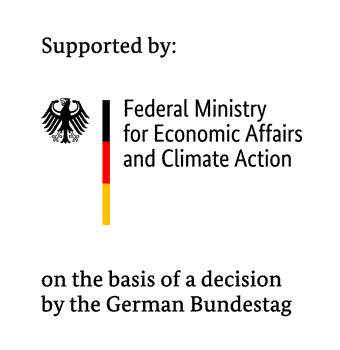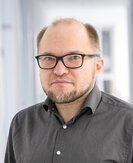InterOP Interoperability test platform for components of the energy transition
Motivation
One of the central problems in the system integration of smart grid technologies is the currently still inadequate (technical) interoperability of smart grid components and solutions across the board. The level of maturity of the interoperability of the components can be improved. In cooperation with Austrian partners, OFFIS - Institute for Information Technology, has developed an "Integrating the Energy System (IES) Methodology" in the IES Austria project and successfully evaluated it in two international connectathons using the example of use cases from the "VHPReady" industry forum.
Goal
The InterOpEnergy project aims to adapt the IES methodology for semantic profiling of ICT and automation interfaces and proof of interoperability between smart grid components to German specifics through two integration profiles and to test their practical applicability. The core idea of the methodology is to specify the interoperability requirements for relevant use cases by profiling existing ICT and automation standards and to methodically demonstrate the proof of interoperability as part of a connectathon using the example of realistic test settings with standardized test data and documenting them with the help of test tools.
Technologies
InterOpEnergy aims to make the test environment to be developed available to third parties as an open environment and to contribute to its dissemination. In particular, the hurdle of creating a profile for the test environment in the energy sector and the technical frameworks is to be simplified. The project team is pursuing and analyzing two use cases (TSO/DSO data exchange using CGMES and an interface between EV/Smart Building and DSO using IEC 63380).
Contact
Duration
End: 30.06.2027
Source of funding


